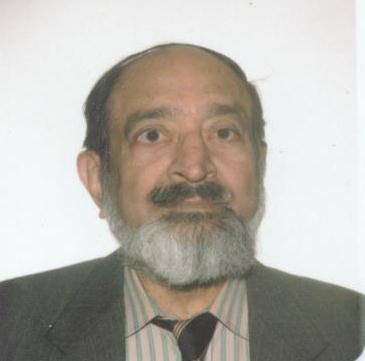Was the 14th Amendment about corporations? One of the 1886 judges, Samuel F. Miller, had not thought so in 1872, only six years after the Amendment had become law, when the court was "called upon for the first time to give construction to these articles." In the Slaughterhouse Cases (83 U.S. 36 (1872)), Miller delivered the majority opinion and discussed the Thirteenth Amendment and the Fifteenth Amendment as well as the Fourteenth as follows:
The most cursory glance at these articles discloses a unity of purpose, when taken in connection with the history of the times, which cannot fail to have an important bearing on any question of doubt concerning their true meaning. Nor can such doubts, when any reasonably exist, be safely and rationally solved without a reference to that history, for in it is found the occasion and the necessity for recurring again to the great source of power in this country, the people of the States, for additional guarantees of human rights, additional powers to the Federal government; additional restraints upon those of the States. Fortunately, that history is fresh within the memory of us all, and its leading features, as they bear upon the matter before us, free from doubt. We repeat, then, in the light of this recapitulation of events, almost too recent to be called history, but which are familiar to us all, and on the most casual examination of the language of these amendments, no one can fail to be impressed with the one pervading purpose found in them all, lying at the foundation of each, and without which none of them would have been even suggested; we mean the freedom of the slave race, the security and firm establishment of that freedom, and the protection of the newly made freeman and citizen from the oppressions of those who had formerly exercised unlimited dominion over him.[11]
6. Corporations as legal entities have always been able to perform commercial activities, similar to a person acting as a sole proprietor, such as entering into a contract or owning property. Therefore corporations have always had a 'legal personality' for the purposes of conducting business while shielding individual stockholders from personal liability (i.e., protecting personal assets which were not invested in the corporation).
The stronger concept of corporate personhood, in which (for example) First, Fifth, and Fourteenth Amendment rights have been asserted by corporations, is often traced to the 1886 U.S. Supreme Court case Santa Clara County v. Southern Pacific Railroad Company (118 U.S. 394). In that case, before oral argument took place, Chief Justice Morrison R. Waite announced:
"The court does not wish to hear argument on the question whether the provision in the Fourteenth Amendment to the Constitution, which forbids a State to deny to any person within its jurisdiction the equal protection of the laws, applies to these corporations. We are all of the opinion that it does."[6]
This quotation was printed by the court reporter in the syllabus and case history above the opinion. As a result, the Court decision did not address the matter of whether corporations were 'persons' with respect to the Fourteenth Amendment. Author and radio/TV talk show host Thom Hartmann has argued that in fact, Chief Justice Waite wrote in private correspondence that, "we avoided meeting the [Constitutional] question," and found - and published in his book "Unequal Protection," the actual correspondence between Waite and Davis in the Library of Congress which demonstrates that Waite did not intend to create a legal precedent. The question of whether corporations were persons within the meaning of the Fourteenth Amendment had been argued in the lower courts and briefed for the Supreme Court, but the Court did not base its decision on this issue.
Ralph Nader and others have pointed out that a strict originalist philosophy, such as that of Justice Antonin Scalia, should logically reject that a doctrine of corporate personhood could derive from the 14th Amendment. [7]
http://en.wikipedia.org/wiki/Corporate_personhood_debate
Assembled by Radh Achuthan.
(Note: You can view every article as one long page if you sign up as an Advocate Member, or higher).





